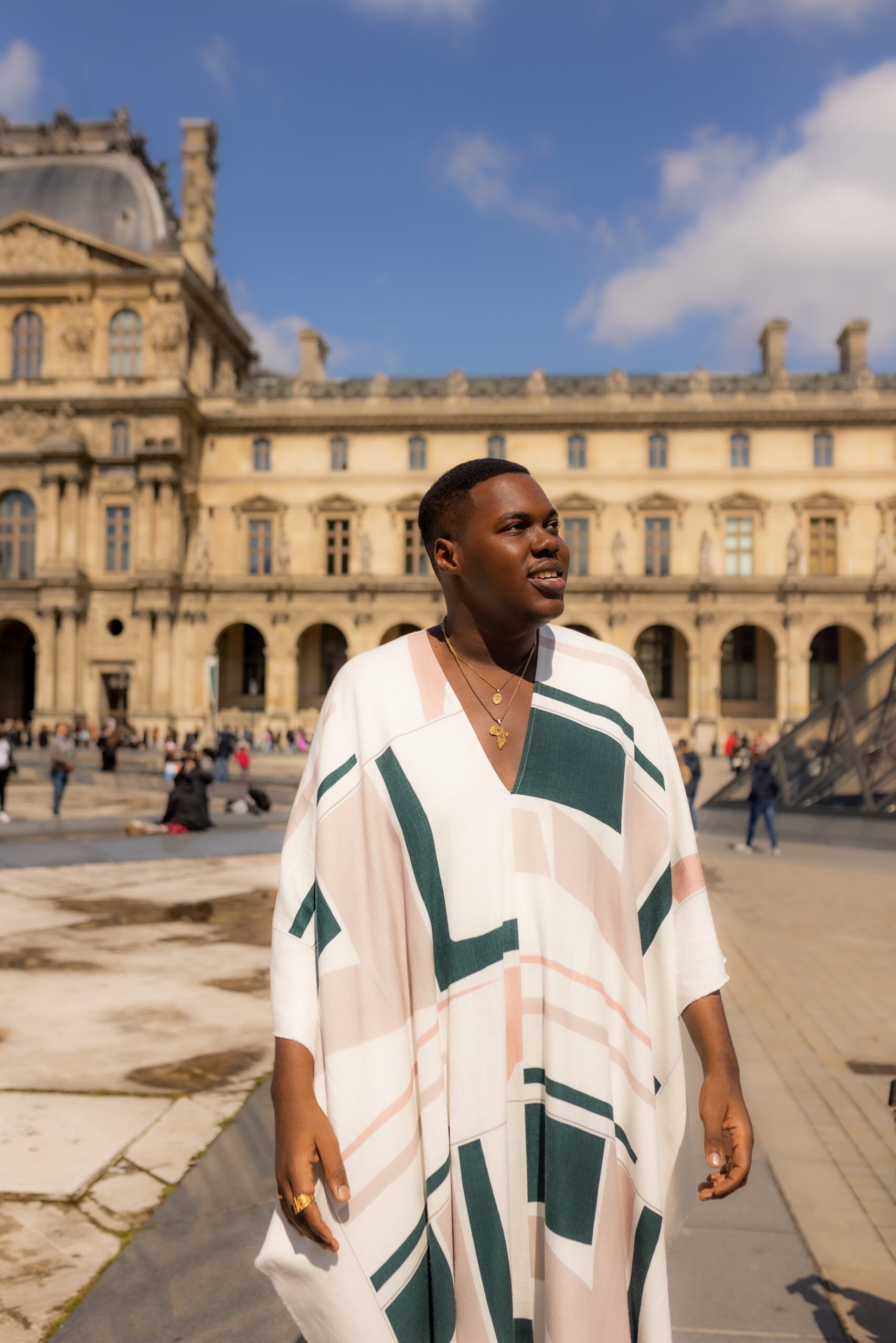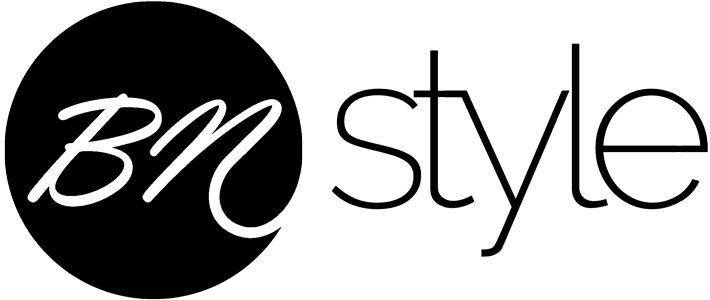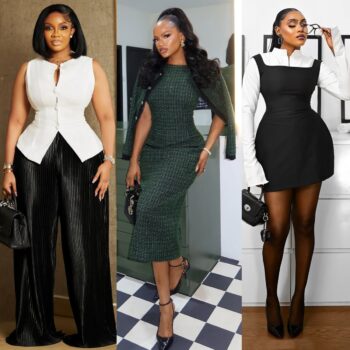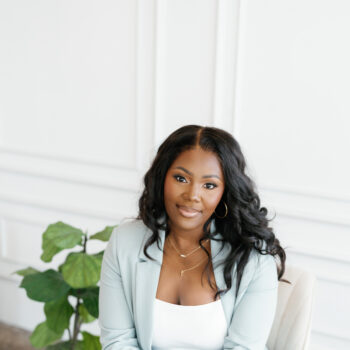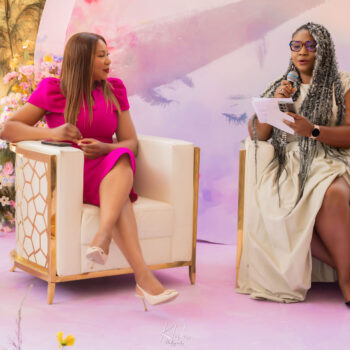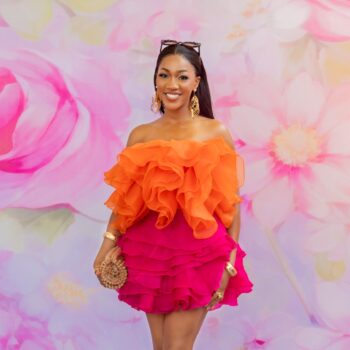Rightly described as one of Lagos‘ most recognizable Gen Z style icons by Vogue Magazine, British-Nigerian Eniafe Momodu has become a notable influence in the Nigerian creative industry. This ambidextrous creative began his career as a photographer over a decade ago before exploring journalism, content production, artistic direction and now styling.
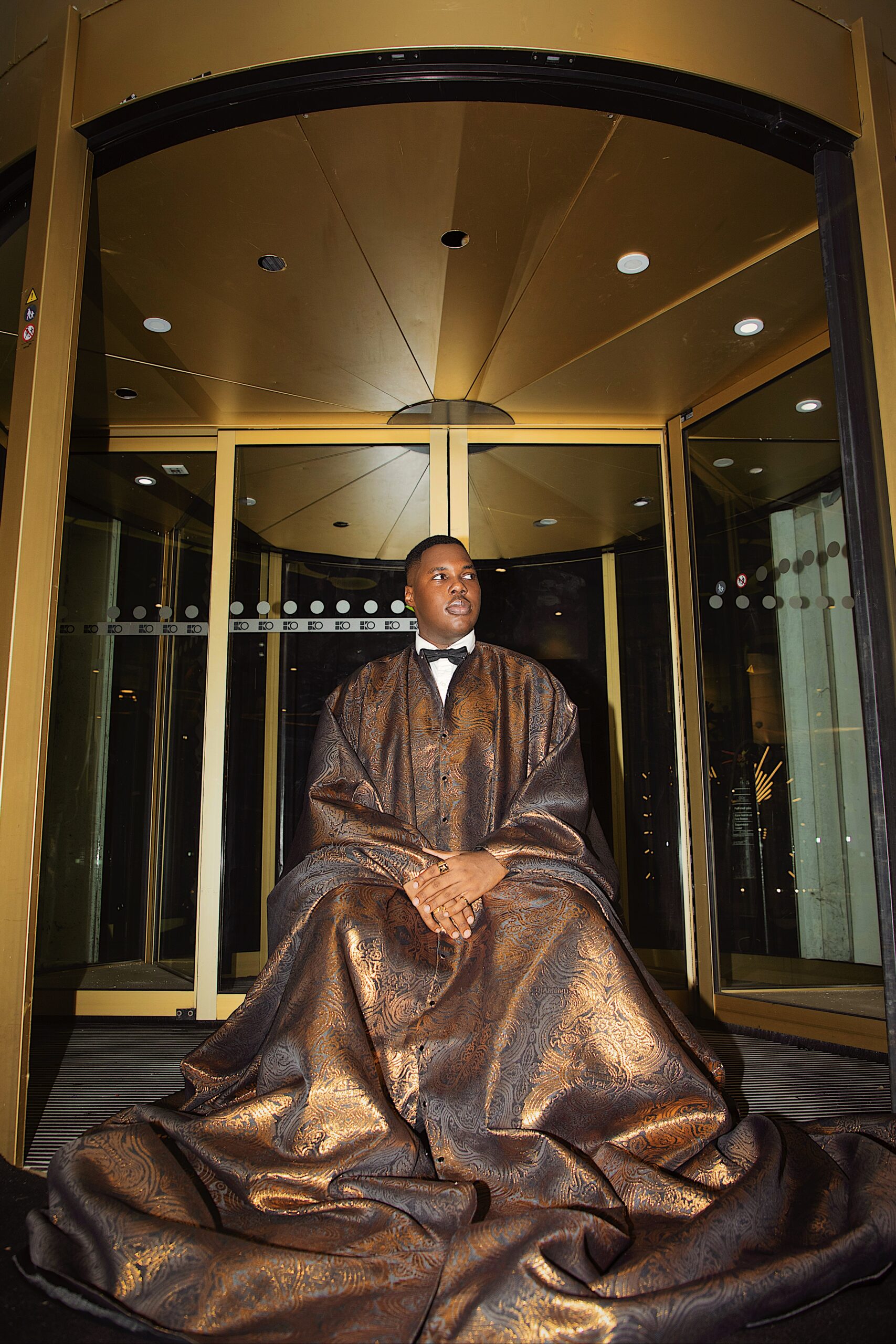
There are many things Eniafe does well but his passion for fashion and style has continued to deepen ever since he caught the debonair’s bug while working on some fashionista projects during his university days. From producing Mac Cosmetics x Tiwa Savage campaign to working with top brands like Meta, government bodies like the Austrian Embassy, the Lagos State Ministry of Tourism, and even working on major events like ARISE Fashion Week, Homecoming Festival, Design Week Lagos and AFRIFF, Eniafe Momodu is a vibrant industry player who understands what’s obtainable within the markets and how to drive traction.
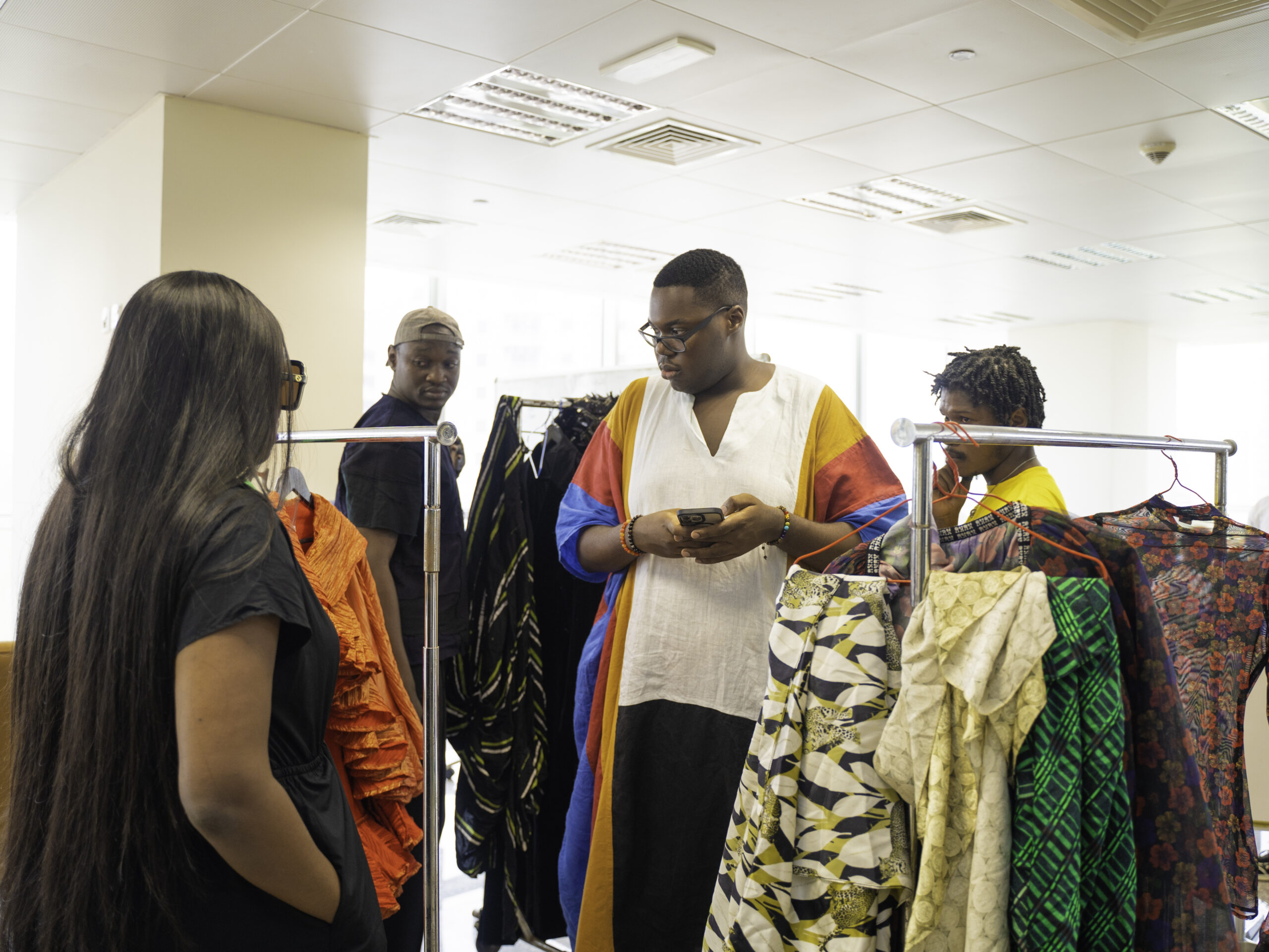
He has hosted several impactful conversations with top African fashion executives and industry influences. He was appointed Managing Editor of Glam Africa magazine between 2019 and 2021. Eniafe founded ‘The New World Brunch‘, a networking and social event for emerging and established creatives in Lagos. He has been featured in numerous publications including CNN Africa and American Vogue.
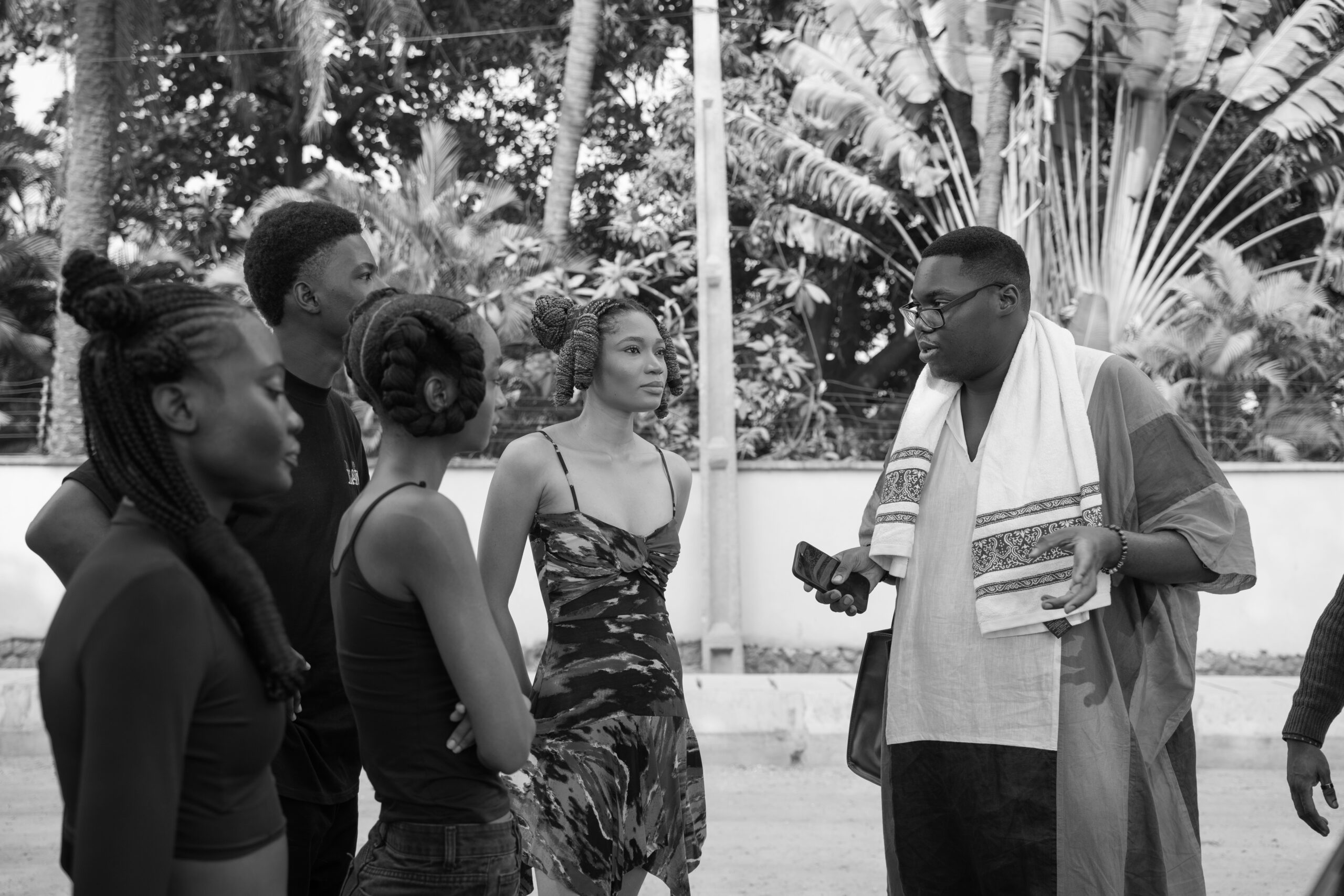
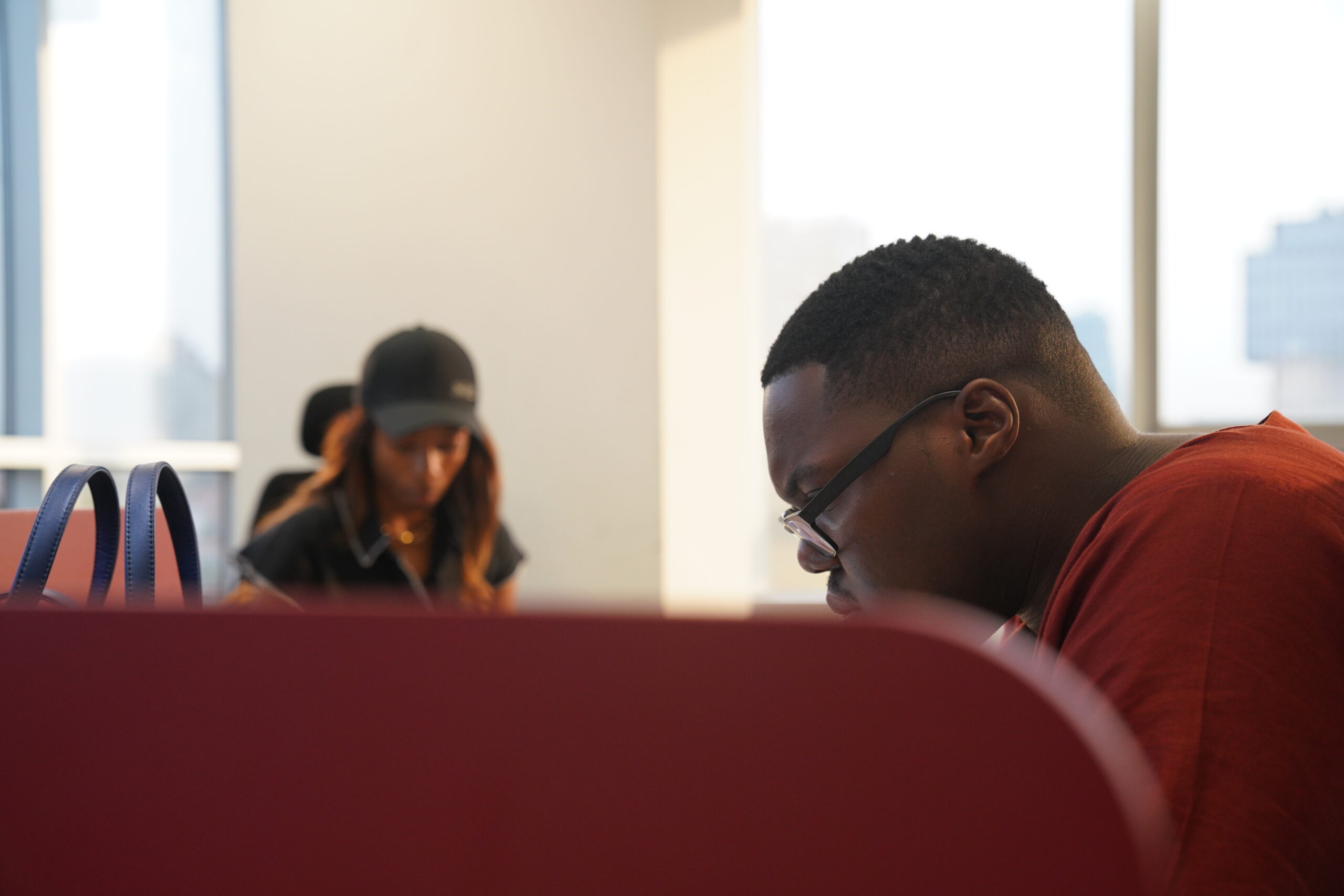
We sat down with Eniafe to ask a few revealing questions and he provided us robust answers, read on to discover his perspective on the global fashion industry and Africa’s influence in it:
How did you get started in the fashion industry, and with all your experience so far, what has led you to become a stylist?
I started in the creative industry as a photographer. In secondary school, everyone knew me as the person who took photos all the time, and everyone relied on me to document fun moments and cultural events. Professional cameras weren’t even allowed in school, but I sort of became the de facto exception to that rule.
At one point the school tennis team went on an excursion to meet and play with Venus and Serena Williams in Lagos, and the faculty basically asked me to skip classes for a day to join the trip as the official photographer. I was 14 at the time. Initially, I was just shooting my friends and people in school, but in my uni days, I started shooting with popular influencers like Fisayo Longe and Temi Otedola, who were very big on fashion and styling.
Before working with them I was certainly interested in fashion from a distance, but I eventually caught the fashion bug full scale, and from there I began consulting on fashion shoots and small-scale productions.
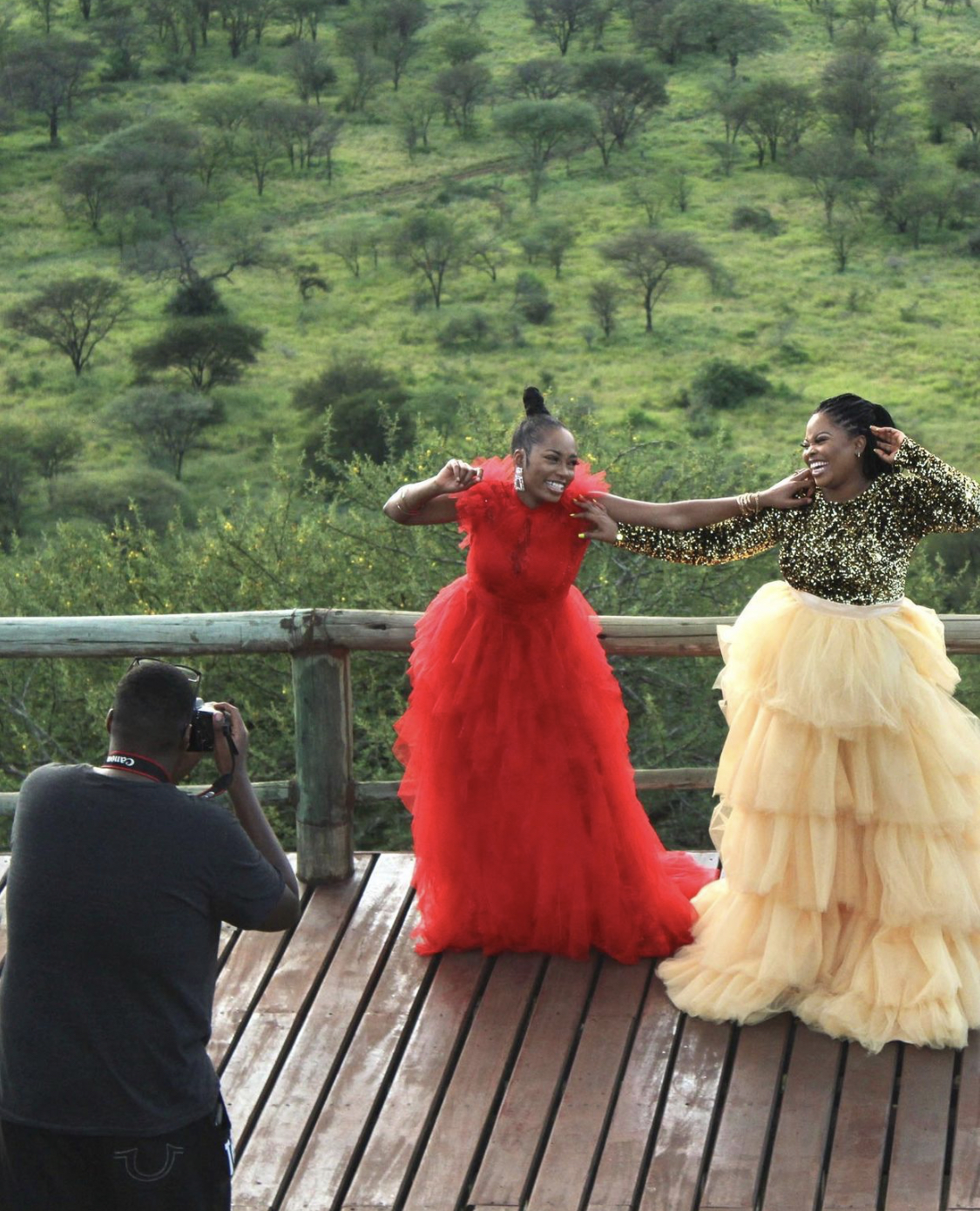
Gradually those small productions became bigger and bigger and now I’ve worked on fashion projects that are simply incredible. I’ve been ‘styling’, unofficially, for years now, as so many of the productions I’ve worked on had styling elements to them, which over time I became increasingly involved in. In the creative industry, you get very used to performing uncredited tasks, especially when your skillset is quite varied. Sometimes it can be as simple as a designer or lead stylist asking your opinions and liking what you come up with. In other cases, maybe the stylist hired for a shoot showed up super late and we had to get started without them, so I ended up doing most of the styling myself.
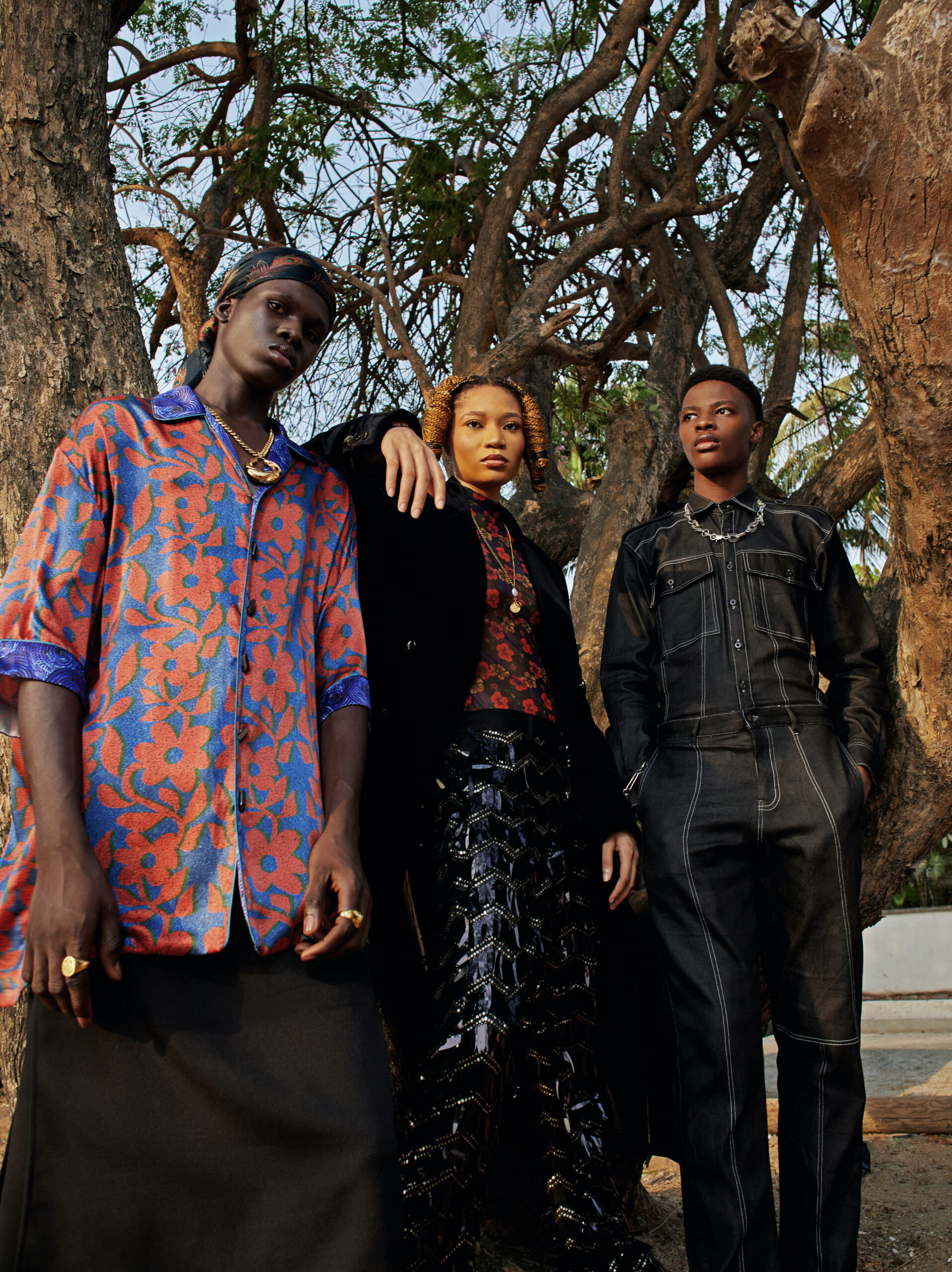
The ARISE Fashion Week 2023 campaign was my first time officially styling a non-personal project. Since I was already on the ARISE team, I knew which designers would be showcasing this year, and knew the story we wanted to tell with this year’s campaign imagery. For that reason, it made sense that I would be the one to do it.
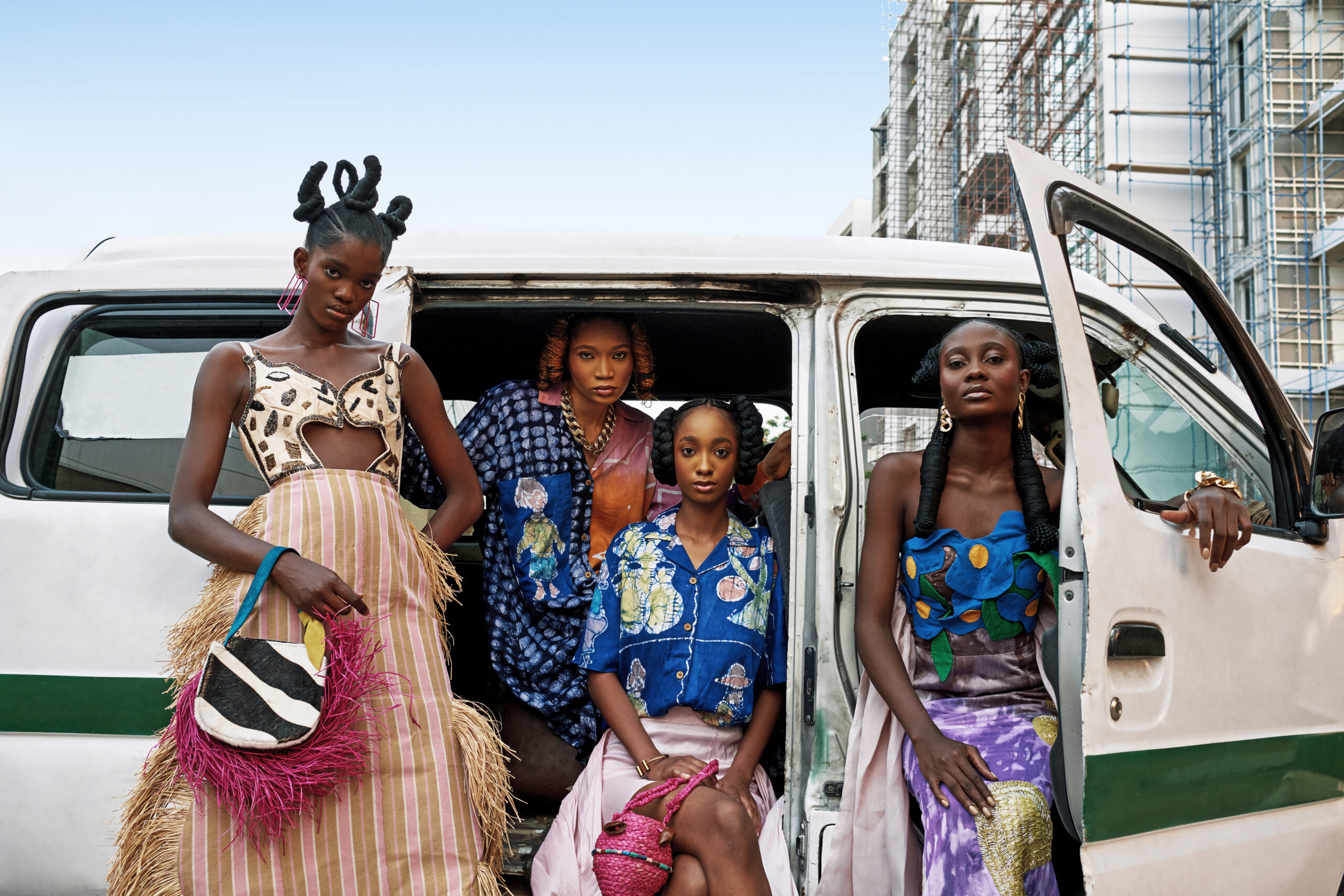
How would you describe the significance of Stylists in the African fashion industry, given your eminent role within it?
Stylists definitely don’t get enough credit for what they do. Stylists are really the ultimate tastemakers when it comes to who determines fashion trends. Yes, designers make the pieces that get worn, but it’s usually the stylists who get those garments on the right people, the stylists who decide what goes on the red carpet, in magazine editorials, commercials and so on.

Styling work in Africa is particularly interesting because fashion here is so heavily influenced by the west, but we’re also very big on culture and heritage. Because of this, a lot of stylists are tasked with creating looks for celebrities who love the Kardashians but also want to see themselves and their cultural background represented in what they wear. It gives African dressing a unique identity that is really a marriage of influences from all over the world.
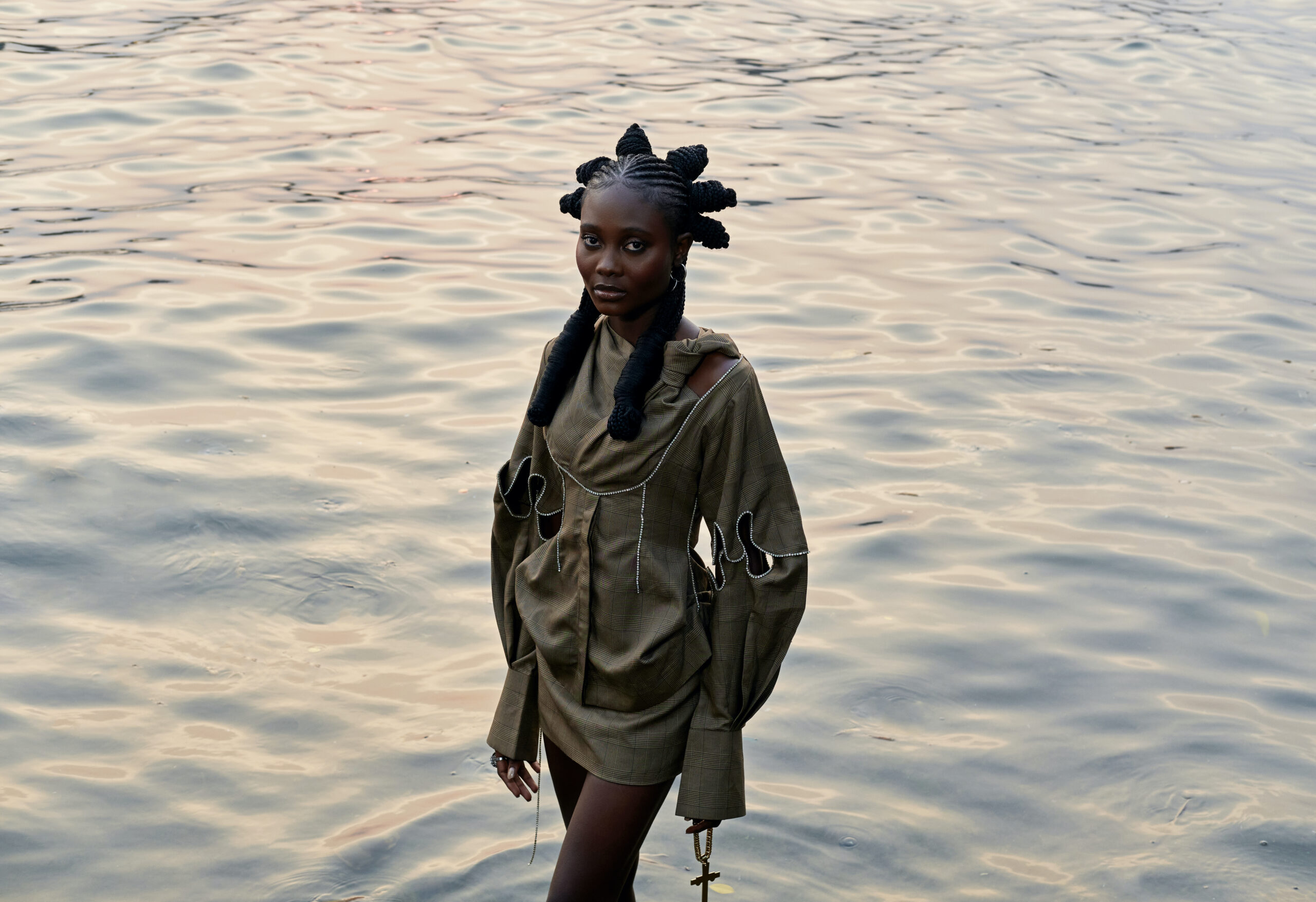
A lot of designers consult stylists as part of their design process to make sure their pieces are in line with current trends and what popular influencers and celebrities want to wear. Also, in cases where stylists sketch full looks for their clients, they don’t get credited as the designer (that honour is reserved for the brand that ends up tailoring the look), because that is just considered a part of styling. But it’s designing. I could go on but you get the idea. Stylists are incredibly influential.
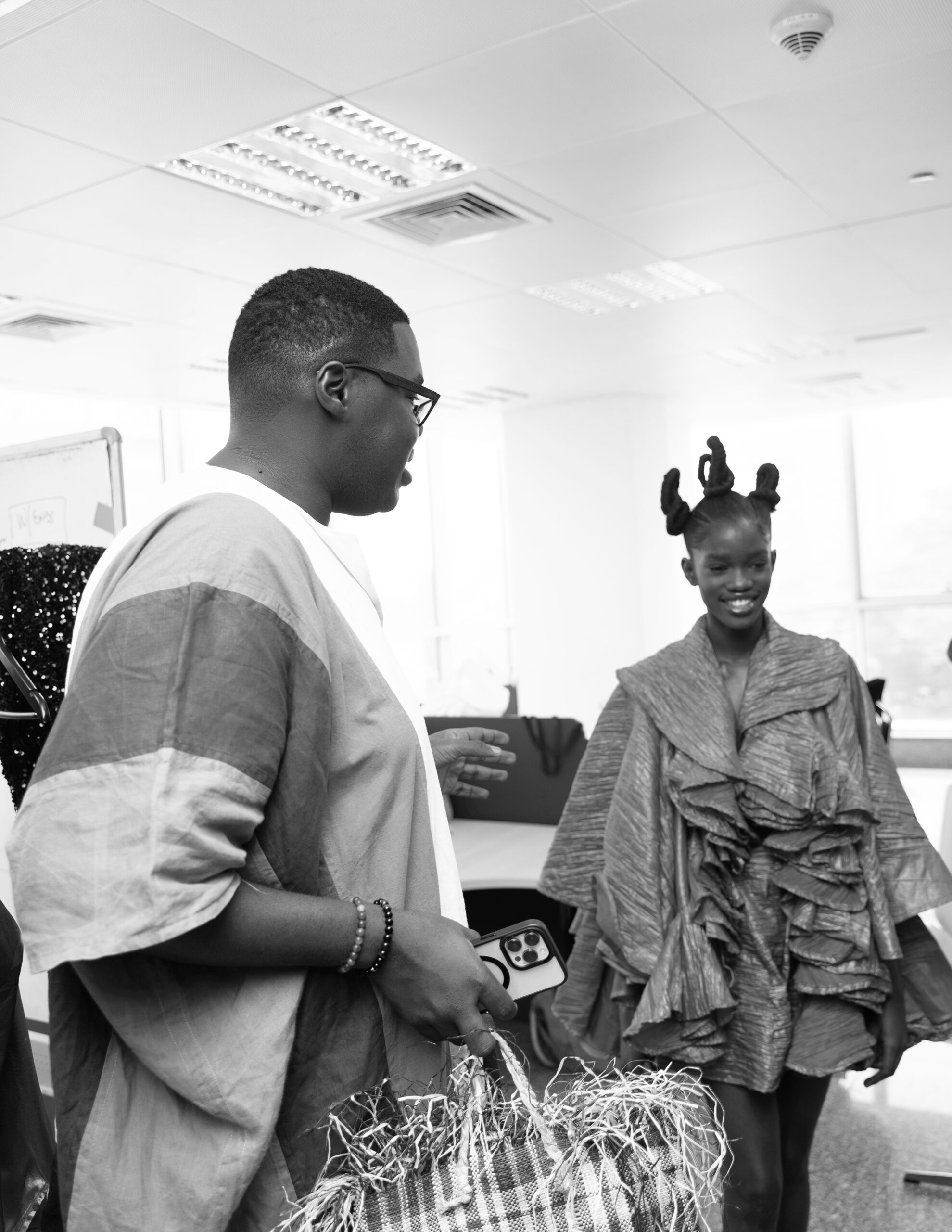
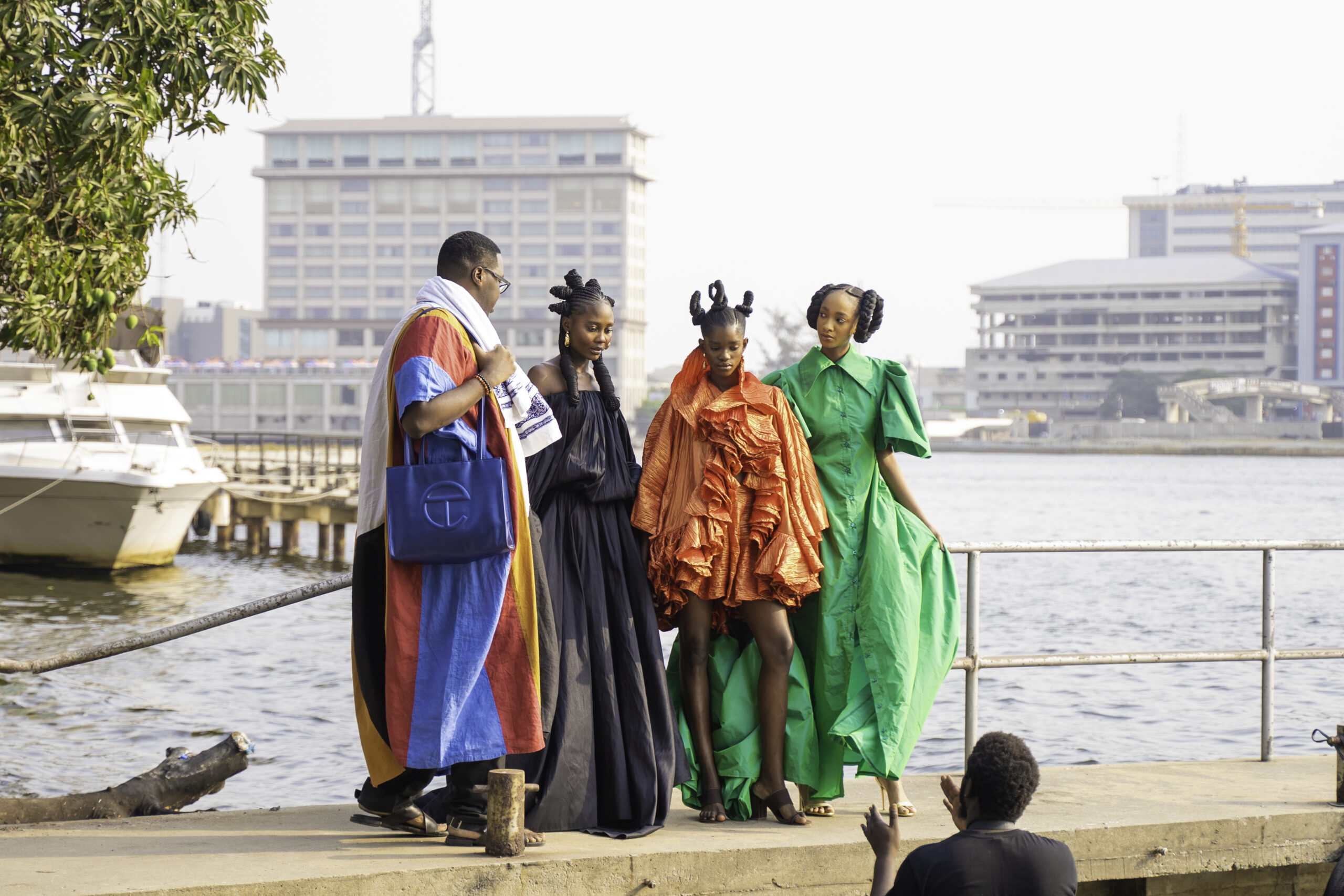
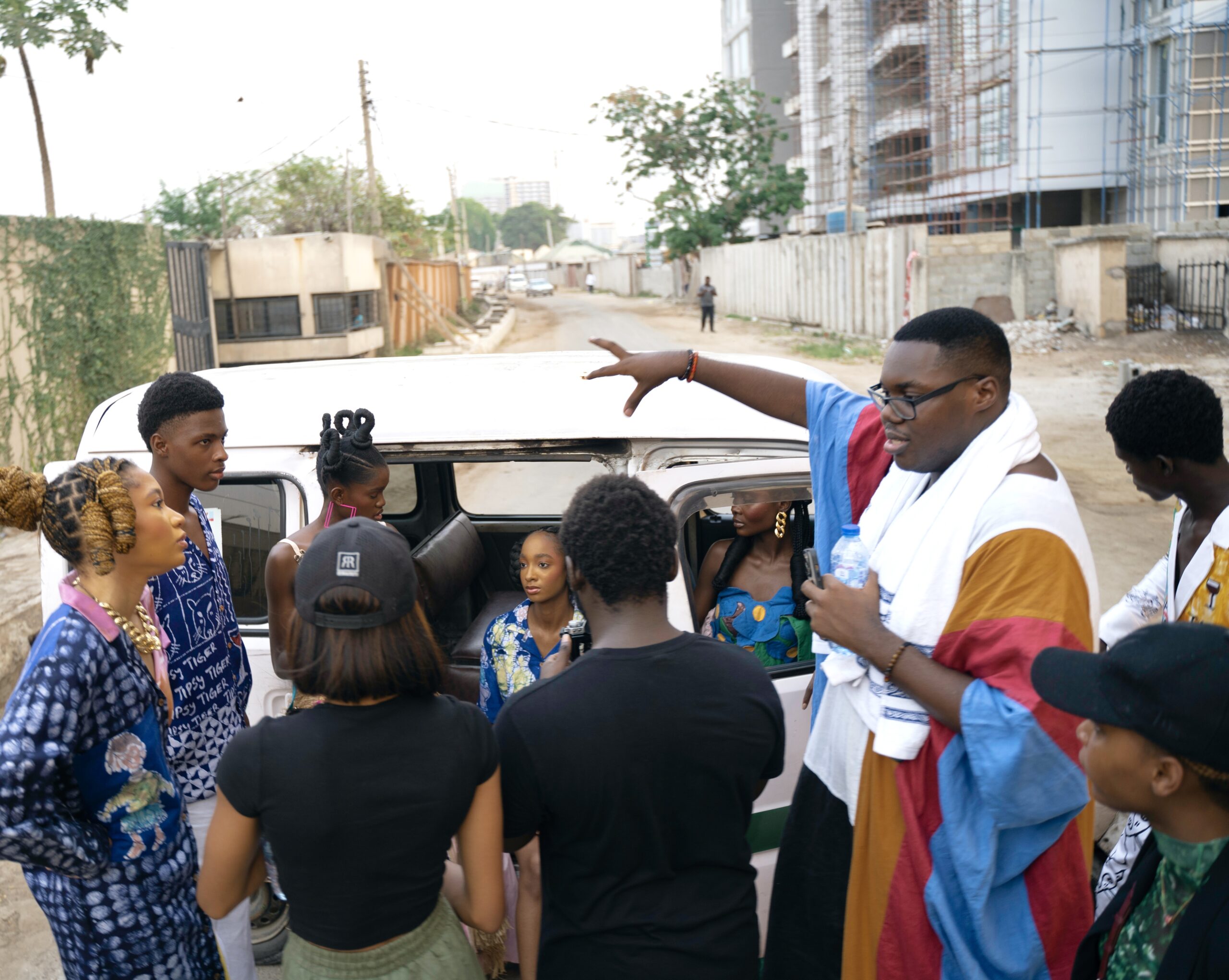
Your involvement in the production team for ARISE Fashion Week and Jazz Festival is noteworthy. Can you give us some insight into your experience working on such a prominent event?
When you work on a project like ARISE Fashion Week, you have to wear many hats… pun intended. It’s a very fast-paced environment and there’s a lot that needs to be achieved in a relatively short space of time. Even if we begin the work months in advance, there’s just so much to do – from choosing the right designers and models to all the planning, executing, communication, logistics, production and liaising.
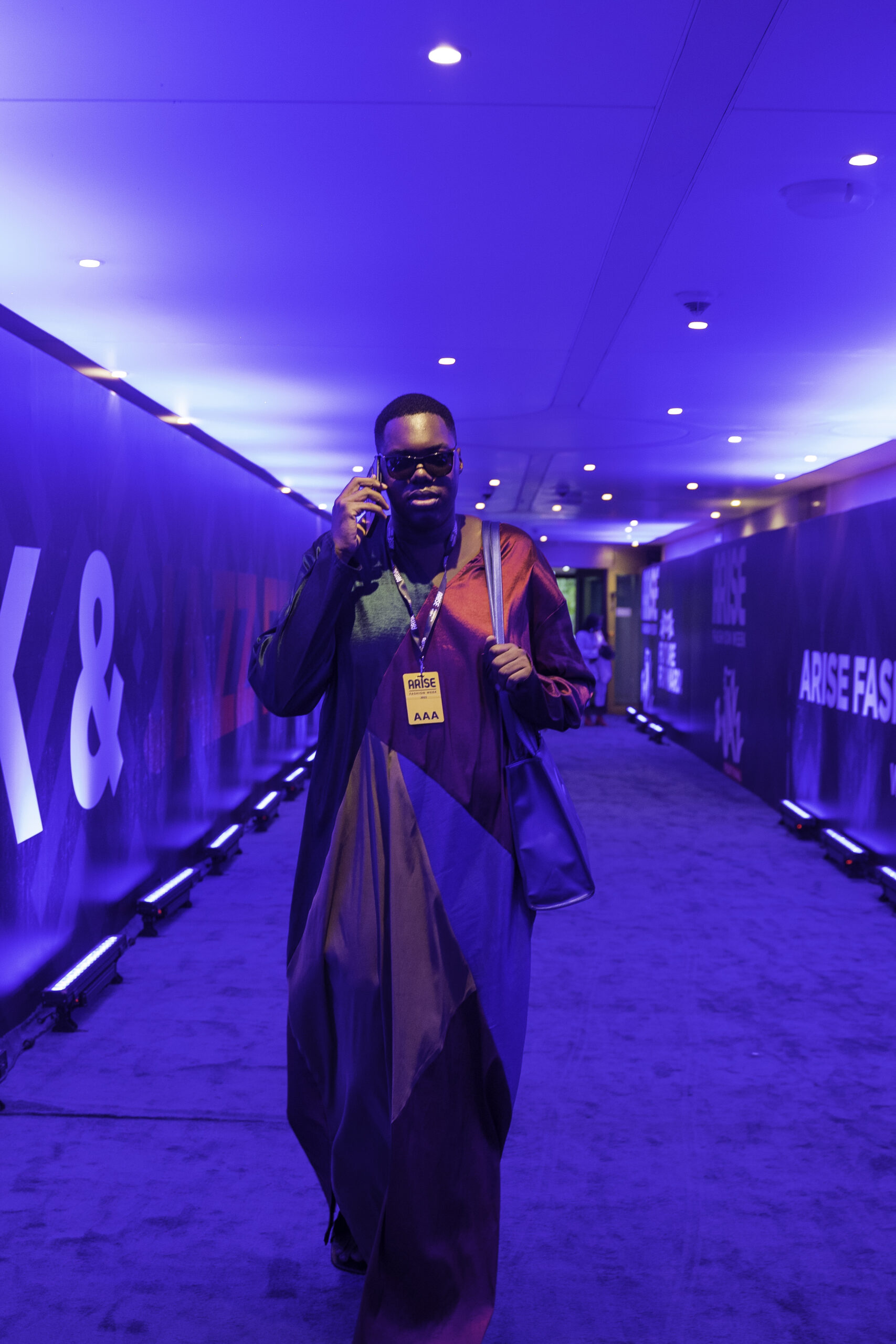
This February was my third time on the ARISE Fashion Week team, and it was definitely the best edition I’ve worked on so far. We had a smaller but very dedicated team who worked tirelessly to bring the founder’s grand vision to fruition, and a phenomenal executive producer who kept everything moving. This year I was the head of content and the designer liaison, so there was a lot to do, but we crossed the finish line beautifully.
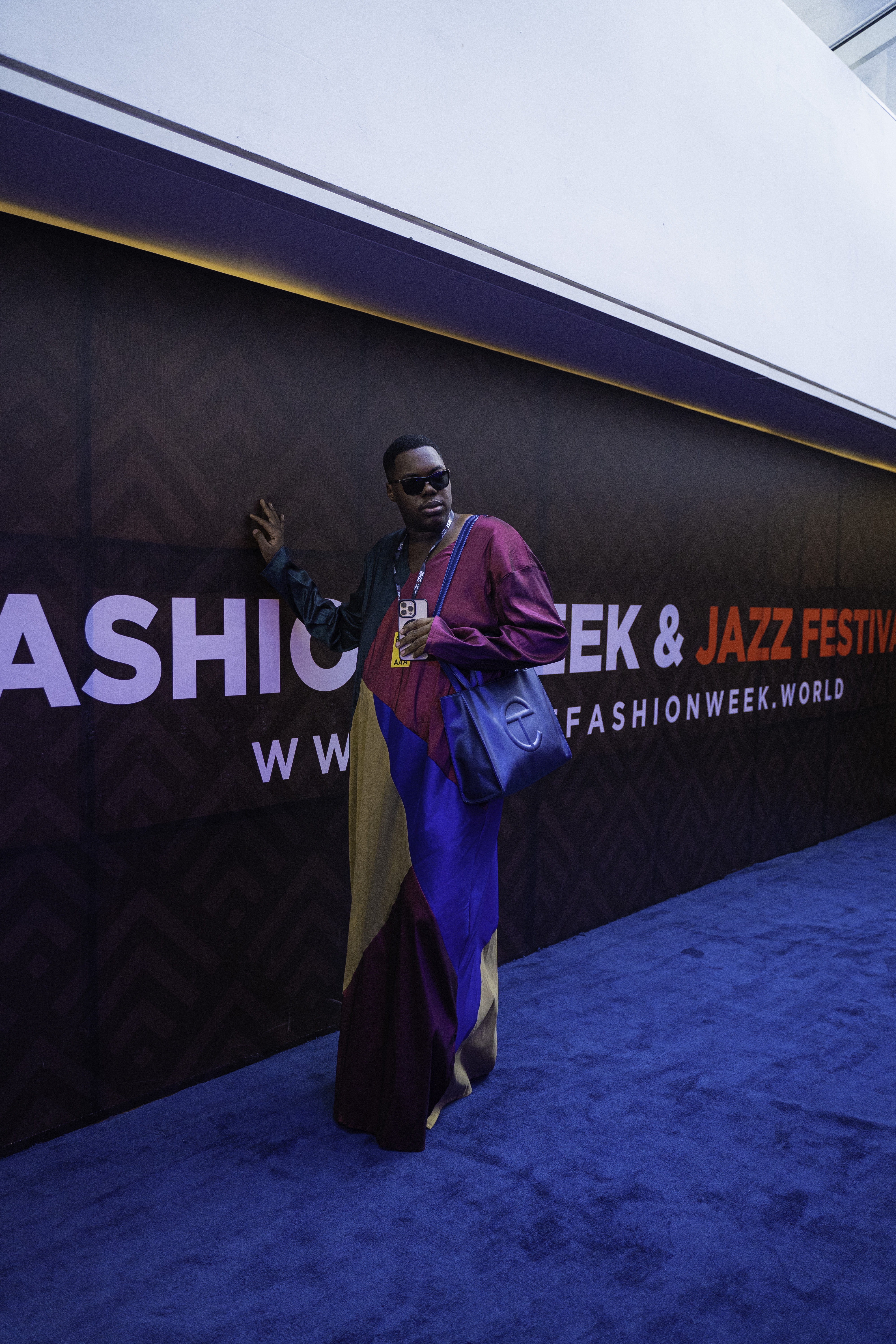
In your opinion, what are some of the biggest challenges facing the fashion industry in Nigeria, and how do you see these challenges being addressed in the future?
It’s probably been said ad nauseam at this point but the lack of infrastructure in Nigerian fashion is a huge issue. Fashion production in Nigeria is tedious and expensive, and there are a lot of value chain issues that still need to be addressed.
An interesting contrast is the Nigerian film industry. Nollywood has many investors, clear distribution channels, and government financial support, as well as film festivals like AFRIFF, which is their equivalent of fashion week. This has allowed them to grow immensely over the years.
Meanwhile, Nigeria’s everyday issues continue to stifle the creative industry. Fuel scarcities, cash scarcities and power scarcities are all big hindrances, and these are all problems the government needs to deal with if they want a prosperous creative sector.
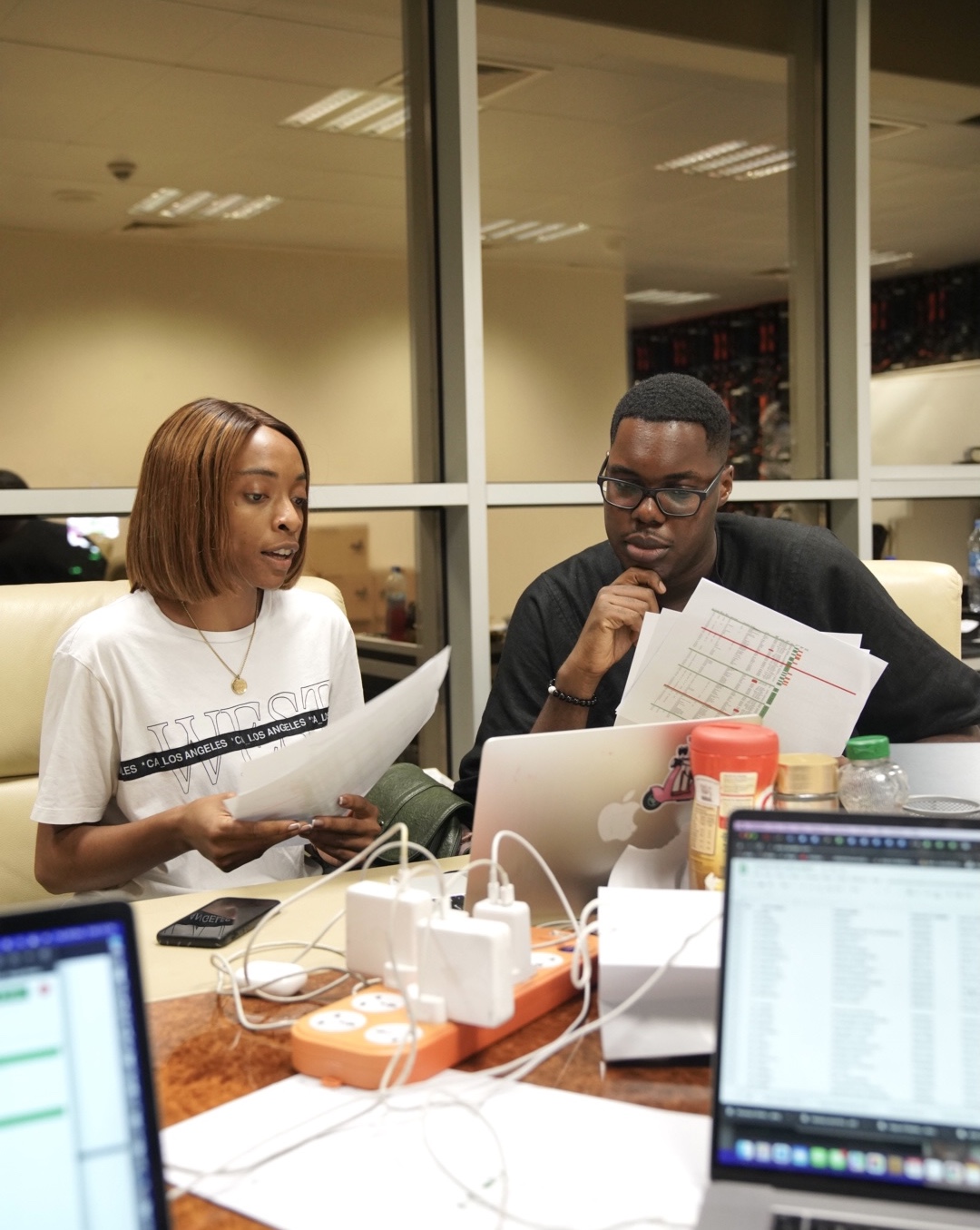
How do you envision your work shaping the future of the Nigerian fashion industry on a global scale?
The creative industry here is having a remarkable impact globally. Our music has been on the up for ages now, but more people are catching on to our fashion prowess now as well. Because I’ve lived and worked in Nigeria for so long I have so many unique insights, and fortunately, international brands and publications have seen the value in that, and have contracted me for projects on that basis.
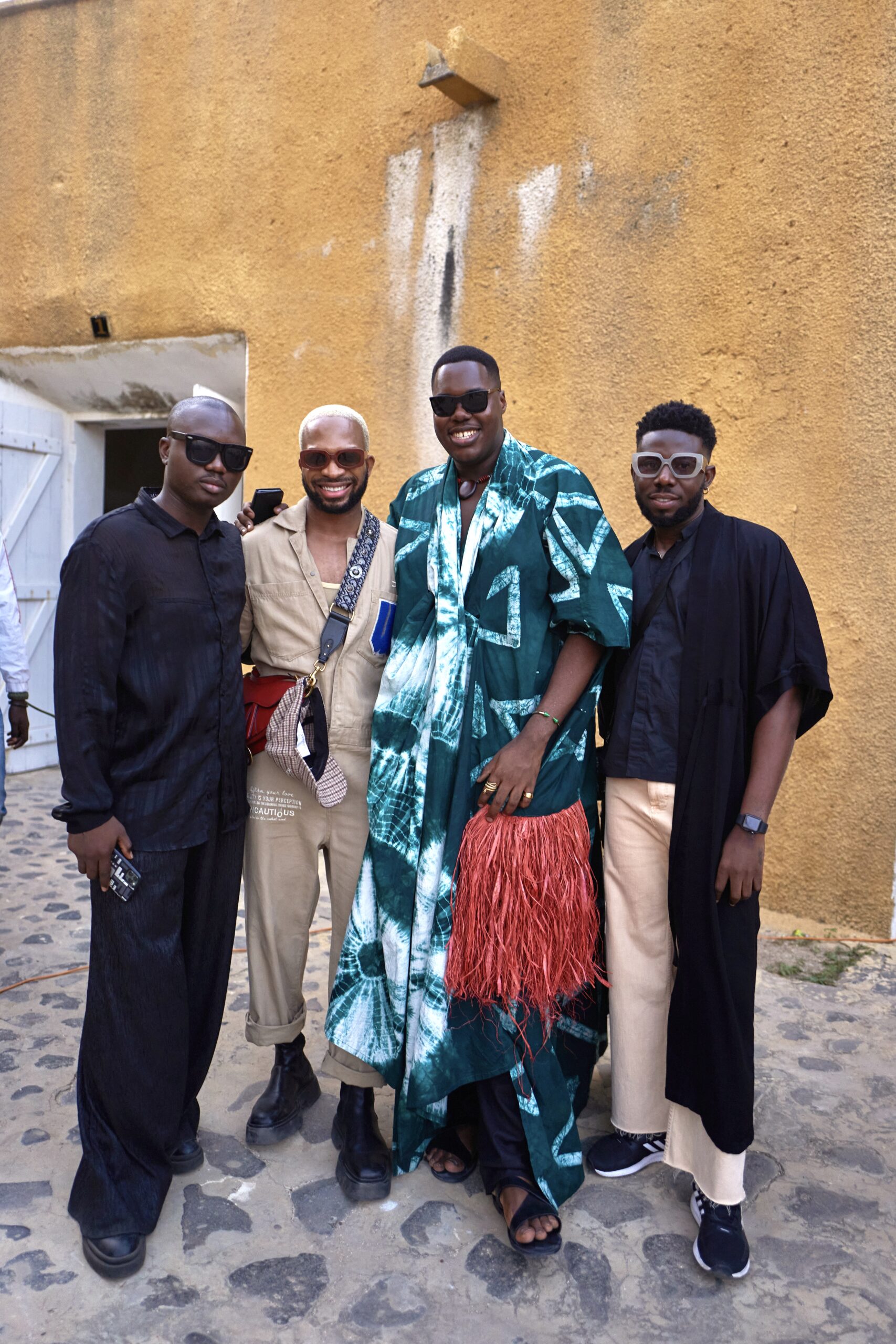
I recently produced EBONY Magazine’s first-ever fashion editorial in Nigeria, featuring designers like David Tlale, Pepper Row and Fruché. It was huge because EBONY Magazine is such an iconic platform that has had a huge impact on Black culture and identity for decades. I have another editorial coming out this month for a French publication spotlighting artisanal craftsmanship in Africa, featuring designers like NKWO, Awa Meité and Kenneth Ize.
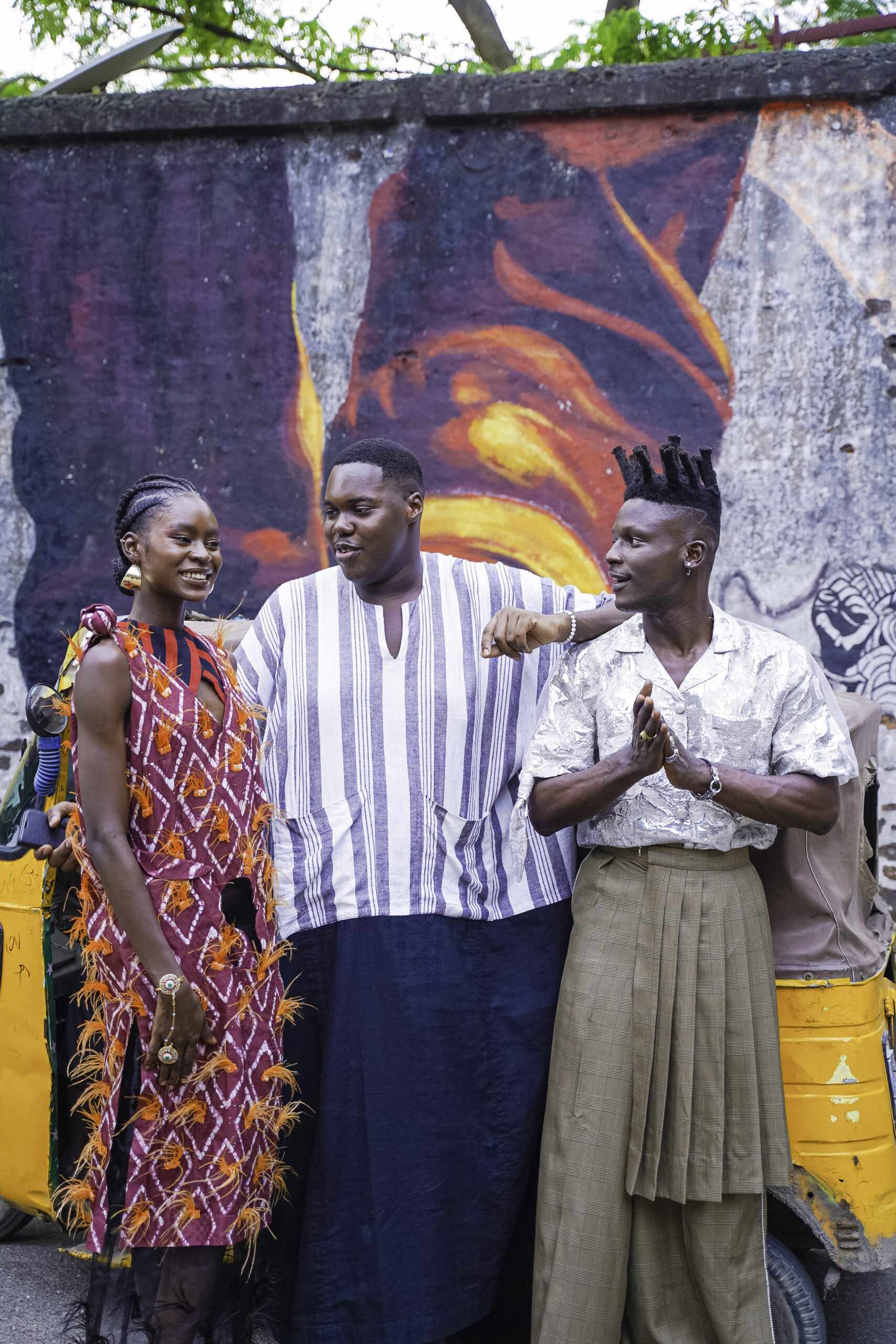
I love that my work allows me to shine a light on other creatives, whether that be designers, musicians, painters, or NFT artists…There’s so much talent in Nigeria and it’s an honour that I get to play a role in showing it to the world. Last year, I attended Dakar Fashion Week and Milan Fashion Week for the first time, which were great networking opportunities but also allowed me to conduct field research on Nigerian fashion and hear about the impact we’re having globally from outsiders. There’s work to be done, but we’re definitely on the right track.
What’s next for you in your career as a fashion stylist, and what can we expect to see from you in the future?
I plan to explore many new ways of storytelling through clothing and hope to bring my vision and style to new places. As for what to expect from me in the future, every time I think my career is going one way, it goes another, and I like that because I give myself no limitations. I’ll definitely continue to grow and elevate, but aside from that, your guess is as good as mine.
